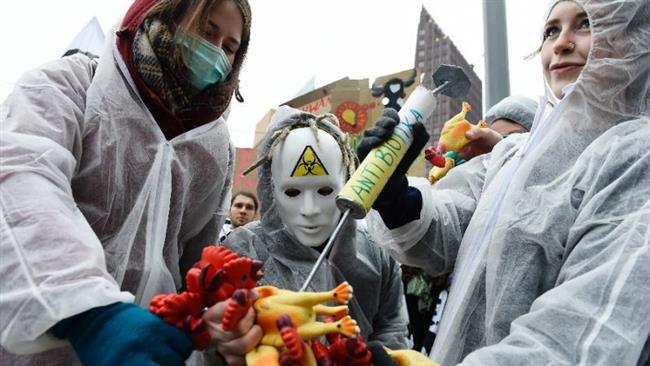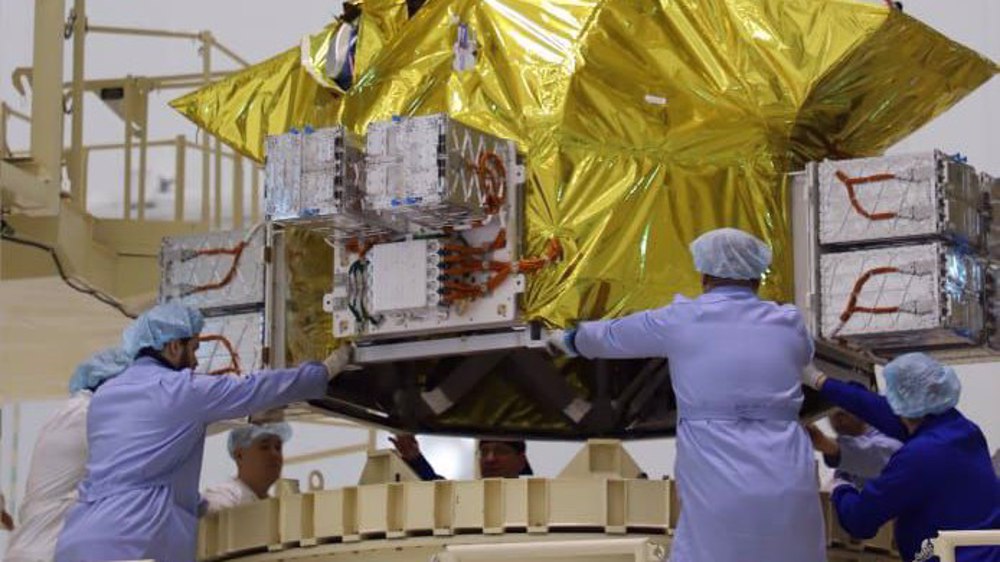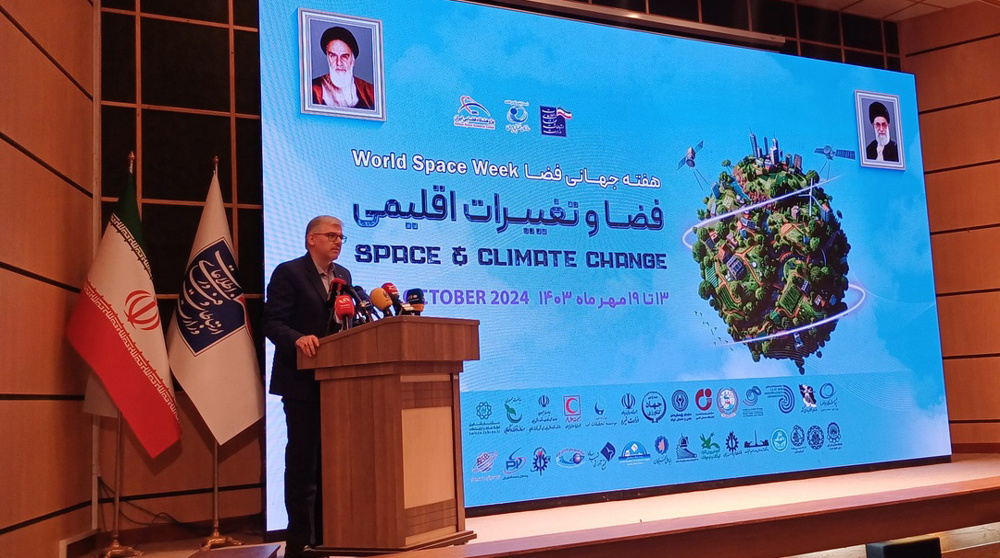UN warns of drug-resistant germs brewing in nature
The United Nations has warned of a ticking time bomb of drug-resistant germs brewing in the natural environment, aided by humans dumping antibiotics and chemicals into the water and soil.
If this continues, people will be at an even higher risk of contracting diseases, incurable by existing antibiotics, from swimming in the sea or other seemingly innocuous activities, a report warned.
"Around the world, discharge from municipal, agricultural and industrial waste in the environment means it is common to find antibiotic concentrations in many rivers, sediments and soils," the investigation said.
"It is steadily driving the evolution of resistant bacteria," it warned bluntly. "A drug that once protected our health is now in danger of very quietly destroying it."
The report, entitled Frontiers 2017, was published at the UN Environment Assembly, the world's paramount gathering on environmental matters.

Health watchdogs are already deeply worried about the dwindling armory of weapons against germs.
A report in 2014 warned that drug-resistant infections may kill 10 million people a year by 2050, making it the leading cost of death over heart disease and cancer. The cumulative economic cost would be about $100 trillion dollars by 2050.
A well-known problem is misuse or over-prescription of drugs, which enables bacteria to develop resistance that blunts frontline treatment.
But the new report will deepen concerns, for it highlights a largely unacknowledged and poorly-researched factor -- environmental pollution -- that contributes to the resistance problem.
Bacteria that survive antibiotics can transfer genes which confer drug resistance directly between one another.
Today, about 70 to 80 percent of all antibiotics that humans take, or give to farm animals to prevent them from falling sick, are excreted back into the environment, partly through wastewater and agriculture.
Humans and animals also excrete germs, both resistant and non-resistant, into the environment, where they mix with the antibiotics and other, naturally-occurring bacteria.
(Source: AFP)
UK police detain Jewish scholar Haim Bresheeth following pro-Palestine address
VIDEO | Iraqi resistance strikes key Israeli targets in occupied territories
VIDEO | Press TV's news headlines
Iranian satellites launched into space as private sector debuts in space industry
VIDEO | Iran, Azerbaijan conduct joint maritime rescue operations
VIDEO | Yemen’s Red Sea divide: Naval forces block Israeli-linked ships in strategic ‘parting of the water’
VIDEO | Southern Gaza: Israel’s facade for famine and suffering
VIDEO | IOF hampering humanitarian aid













 This makes it easy to access the Press TV website
This makes it easy to access the Press TV website